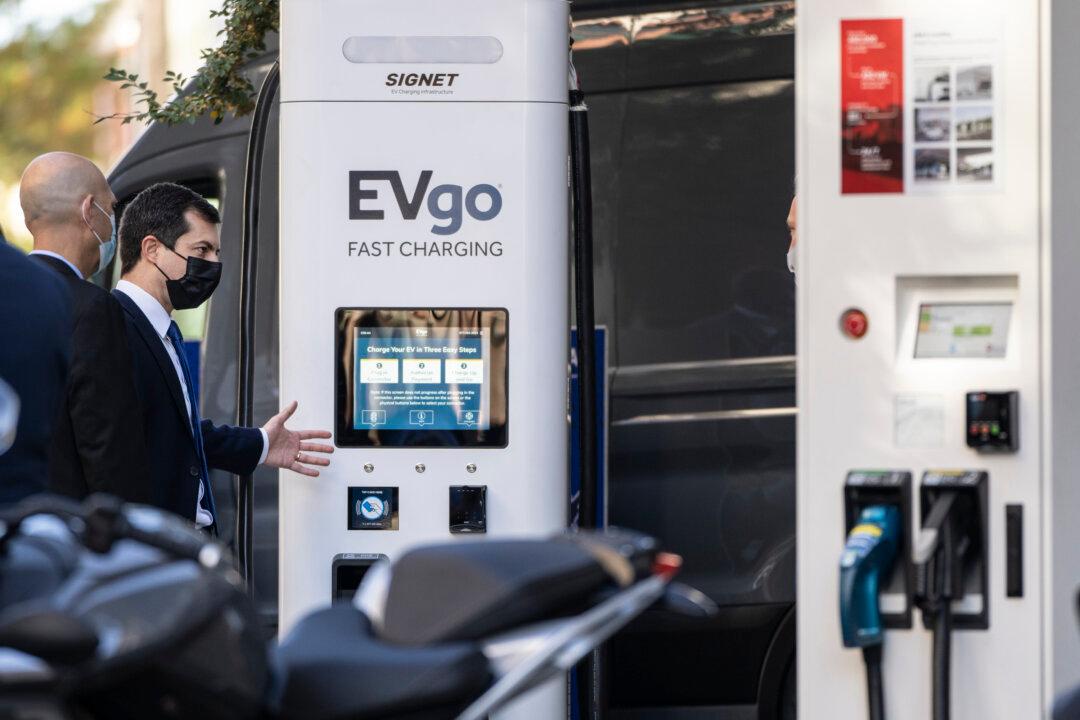Twenty-six federal departments and agencies that plan to buy 9,500 electric vehicles (EV) to replace existing cars and trucks will have to spend nearly $500 million more than if they opted for new conventional fossil-fueled models, according to the Government Accountability Office (GAO).
“This total represents almost $200 million in estimated increased incremental costs (i.e., the price differential, if any, between the alternative fuel vehicle and the lowest-priced comparable gasoline-powered vehicle when leased from the GSA [General Services Administration]) and almost $300 million in estimated costs to design and install the necessary infrastructure, among other potential expenses,” the agency stated in its analysis.





